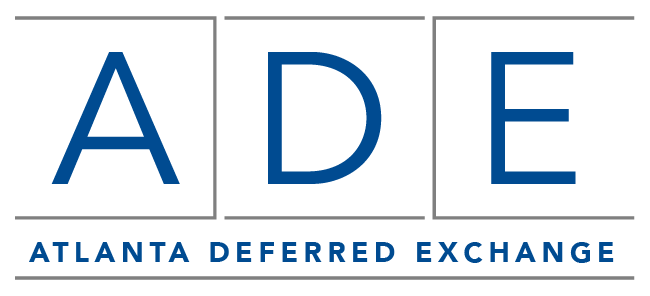The Top Ten 1031 Exchange Misconceptions
Sometimes, the best intentions don’t quite get us to the finish line, but can leave us in a very painful spot. It’s best to steer clear of the pitfalls that can derail an exchange or limit the tax that can be deferred. With this goal in mind, we introduce our Top Ten 1031 Exchange Misconceptions: #1- If […]
Info to Go: The 1031 Like-Kind Requirement
There are several elements that must be satisfied in order to qualify for the tax deferral that a 1031 offers. One requirement is the property being sold and the property being acquired must be “like-kind”. Despite the increased number of 1031 exchanges being done, this topic is still one of the most misunderstood aspects of exchanging. […]
Why Can’t You Send Me My Money?

The 1031 process has a number of rules and regulations critical to its success. By using the services of a qualified intermediary, most exchangers are blessedly unaware of a number of them as the needed documents have already been crafted and tailored to abide by the rules. However, frustration can arise when exchangers misunderstand the […]
Relation Complication: 1031s with Related Parties

One question that often arises in our conversations about 1031 exchanges is if related parties can play a role. Often, exchangers want to know if they can sell to or buy a property from a family member, related entity, or trust that they control and still have a valid exchange. In a standard 1031, the taxpayer […]
Top 1031 Do’s and Don’ts

There are many details and nuances to consider when doing a 1031 exchange. We thought it might be helpful to address the most common do’s and don’ts that customers face in successfully executing and maximizing the tax benefits of a 1031 exchange. Here is a list of the most common advice we give to the questions […]
The Benefits of 1031 Exchanges vs Qualified Opportunity Zone Funds
Qualified Opportunity Zone (or “QOZ”) fund investments are a hot topic and have been receiving a lot of press lately. Many new offerings have been appearing, heavily marketed as a more beneficial vehicle than a 1031 exchange for deferring gain and maximizing returns. A closer look shows that while these investments may offer some advantages […]
Mirror, Mirror: The Same Taxpayer Rule in 1031 Exchanges
One of the basic rules to complete a successful 1031 exchange is that the taxpayer selling the relinquished property must be the same taxpayer that buys the replacement property. There are times, however, when the party selling the relinquished property wants or needs to make a change in how the replacement property will be held. […]
Do I have to sign my ID letter or can I just send an email?
The 1031 Regulations state that the ID letter must be signed by the exchanger or exchanger legal agent. The signed ID letter can be scanned and delivered as an email attachment but listing the properties in the body of an email would not be sufficient.
What Qualifies for 1031? Investment Property v. Inventory
When it comes to qualifying for a 1031 exchange, not all investment property is created equal. IRS Code Section 1031 allows the exchange of property that is “held for investment.” Within this context, the meaning of the phrase “held for investment” is very specific. Property held for investment does not receive the same tax treatment […]
If I sell rental property can I buy land to complete my 1031?
Yes, both are “like-kind.” However, land is not a depreciable asset, so be aware that you will trigger some tax consequence on the recapture of the depreciation taken on the improved property. Depreciation taken on a relinquished property cannot be rolled forward into a non-depreciable replacement property.
